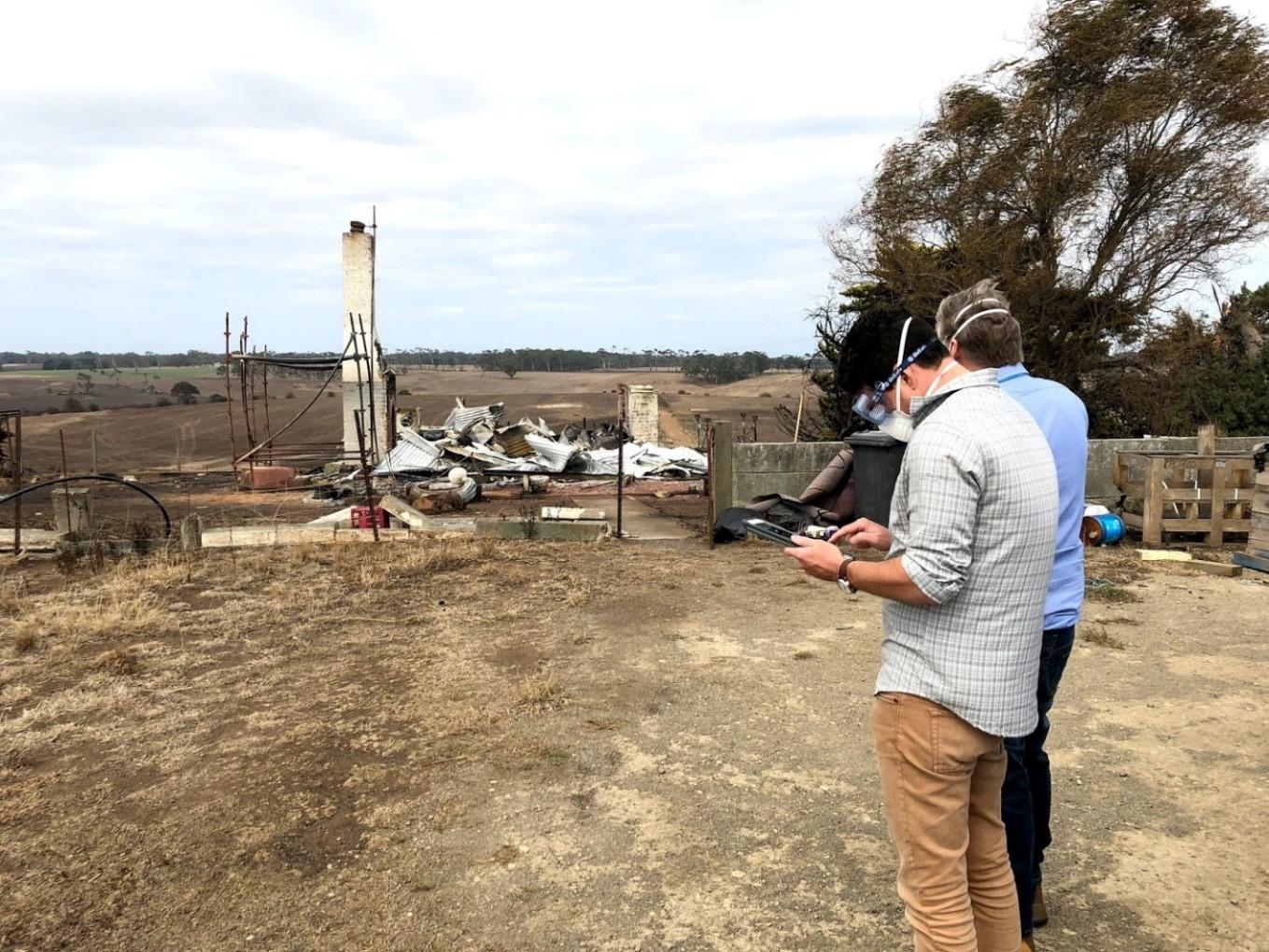
1 minute read
1.1 Objectives of the review
1 Introduction
The Inspector-General for Emergency Management (IGEM) is an independent statutory role with responsibilities under the Emergency Management Act 2013 (2013 Act) to: provide assurance to government and the community in respect to emergency management arrangements in
Victoria
foster continuous improvement of emergency management in Victoria. IGEM undertakes system-wide reviews, including reviews of the emergency management functions of responder agencies and government departments as defined under section 64(1)(b) of the 2013 Act [1]. All of IGEM’s assurance activities are guided by the Assurance Framework for Emergency Management which provides the foundation for a coordinated and collaborative approach to sector-wide issues. IGEM conducted a review of selected arrangements for impact assessment and consequence management within the emergency management sector in Victoria (the review). The review was outlined in the Annual Forward Plan of Reviews – 2018 – Forward Projection of Reviews [2] based on discussions with emergency management sector organisations concerning issues and risks facing the sector. The review was completed in December 2018.
1.1 Objectives of the review
The aim of the review is to identify and examine impact assessment and consequence management in the Victorian emergency management sector (the sector) to improve emergency planning, response and recovery through efficient and leading practice. The objectives of the review are: to describe and examine the legislation and policy that define and operationalise impact assessment and consequence management in Victoria to describe and examine existing impact assessment and consequence management practices within the sector and compare these practices across agencies to identify the expected outcomes for impact assessment and consequence management and capture the mechanisms in place to evaluate these outcomes and facilitate continuous development to identify national and international leading practice for impact assessment and consequence management and consider how these practices can be translated into the sector to identify and examine any recommendations raised directly throughout the review process or emanating from the findings of the review.






